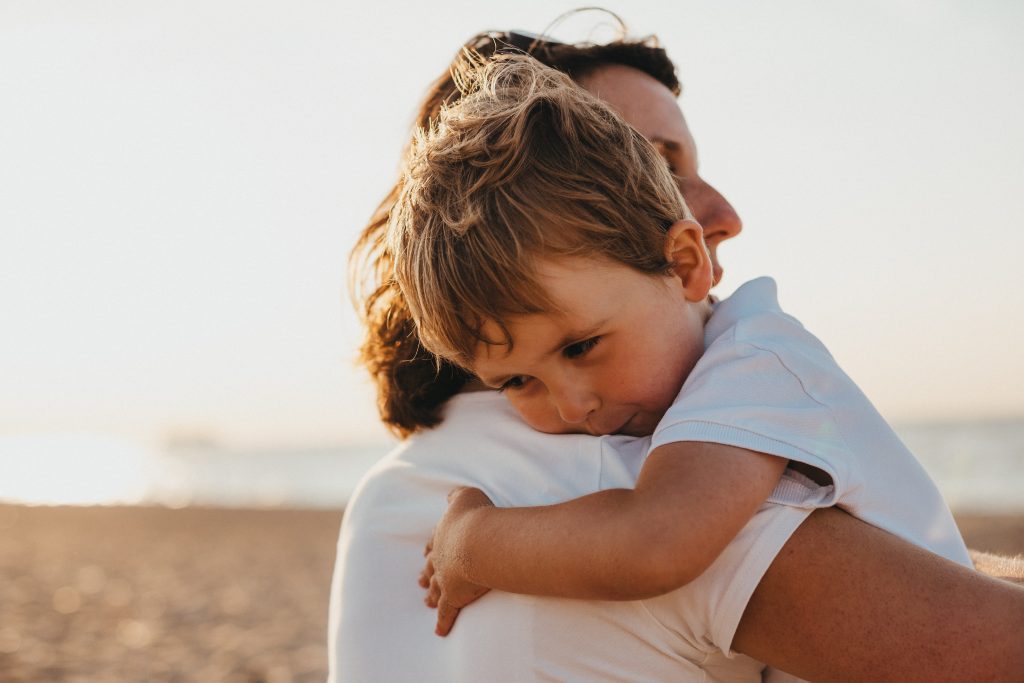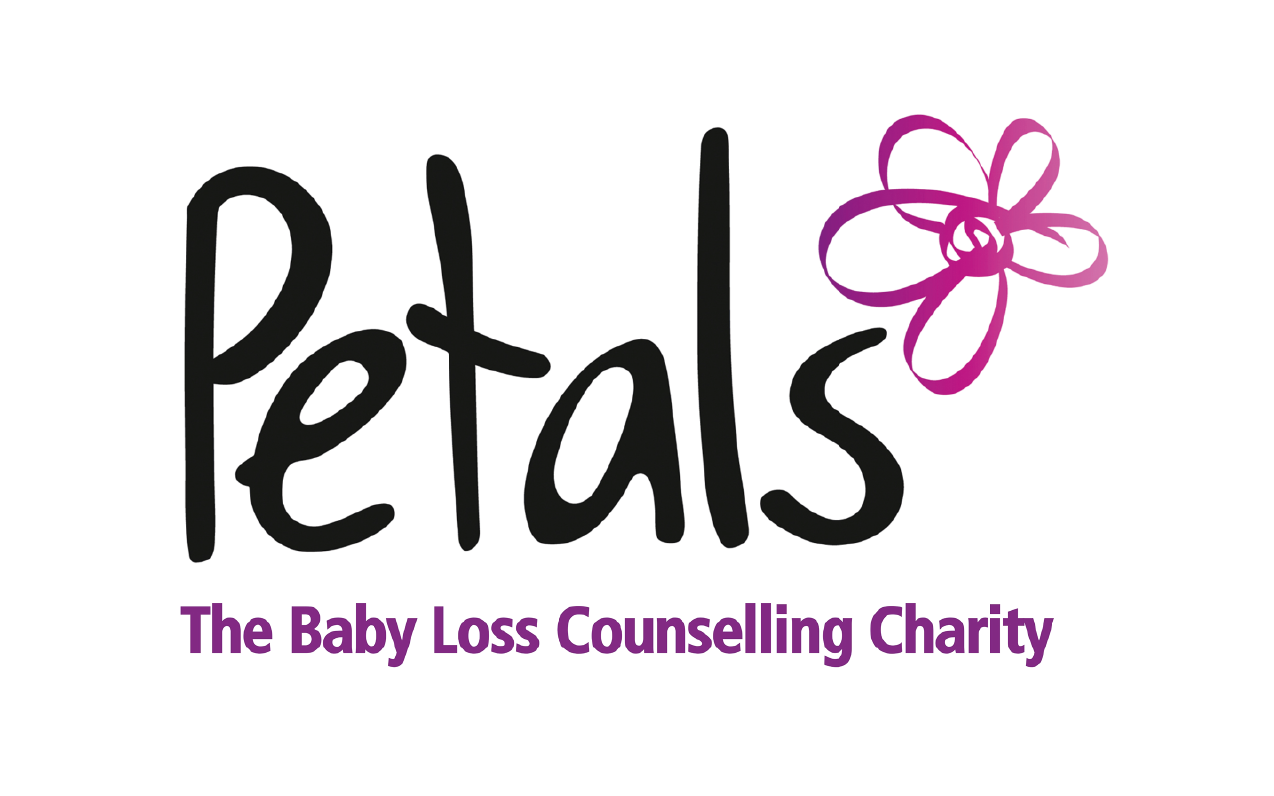
by Dr Russ Hargreaves (Petals Counsellor)
Working as I did for many years in the NHS and hospice sector, I sadly spent a great deal of time talking to families about how they could help their children following a loss. I also established support groups for children between 6 and 16 years of age. I learnt a great deal about children deal with death, much of which took me by surprise. Here’s some of what I discovered.
1. Children of different ages deal with death differently. As with adults, there is no ‘one size fits all’. However, research has found that very young children often view death as reversible and may act out their loss in play. They will sometimes ask the same questions to different people to ‘test’ whether the story of loss changes. Slightly older children are often able to view death as ‘final’ and something which affects other people.
2. Children like honesty. We often imagine we should protect children by not telling them the truth of what has happened. However, we now know that children generally respond well to the honest truth. That doesn’t mean we should be brutal with the truth, but telling children the truth of what has happened to their baby brother or sister means that they know that nothing is being held from them. They feel on the same page as the rest of the family and that is a good thing.
3. Some children appear completely unphased by loss. They may hear the dreadful news and simply carry on playing or wondering if they can watch TV. This doesn’t mean they are not processing what has happened, they may simply need to do this in bitesize chunks.
4. Some children will watch you like a hawk to see how you are dealing with this loss – don’t forget, this is new to them, and may be new to you too, so they have no route map to work from. It is fine to show them your sadness. Sadness and distress are a very normal response to baby loss so they will learn that it is OK to cry if they feel like crying.
5. It is important to keep in touch with people around your children (teachers and child-minders) as they can look out for any signs of distress and alert you to this. So, if it feels right for you, let their school or nursery about what has happened and how this may have affected your child.
Remember, you will struggle with your loss and will need all the help you can get. Petals will support you with your grief and this in turn will help you to support your child of children with theirs.
Make sure you keep lines of communication open with your children so that they know they can always talk about their brother or sister. Try to ensure they don’t feel pressured to talk and can take this at their own pace. I have always found that when it comes to talking to children about death, honesty is the best policy and I have been utterly blown away by the way many children have shouldered baby loss and grown into more rounded children as a result.
You can read more about Russ here.

